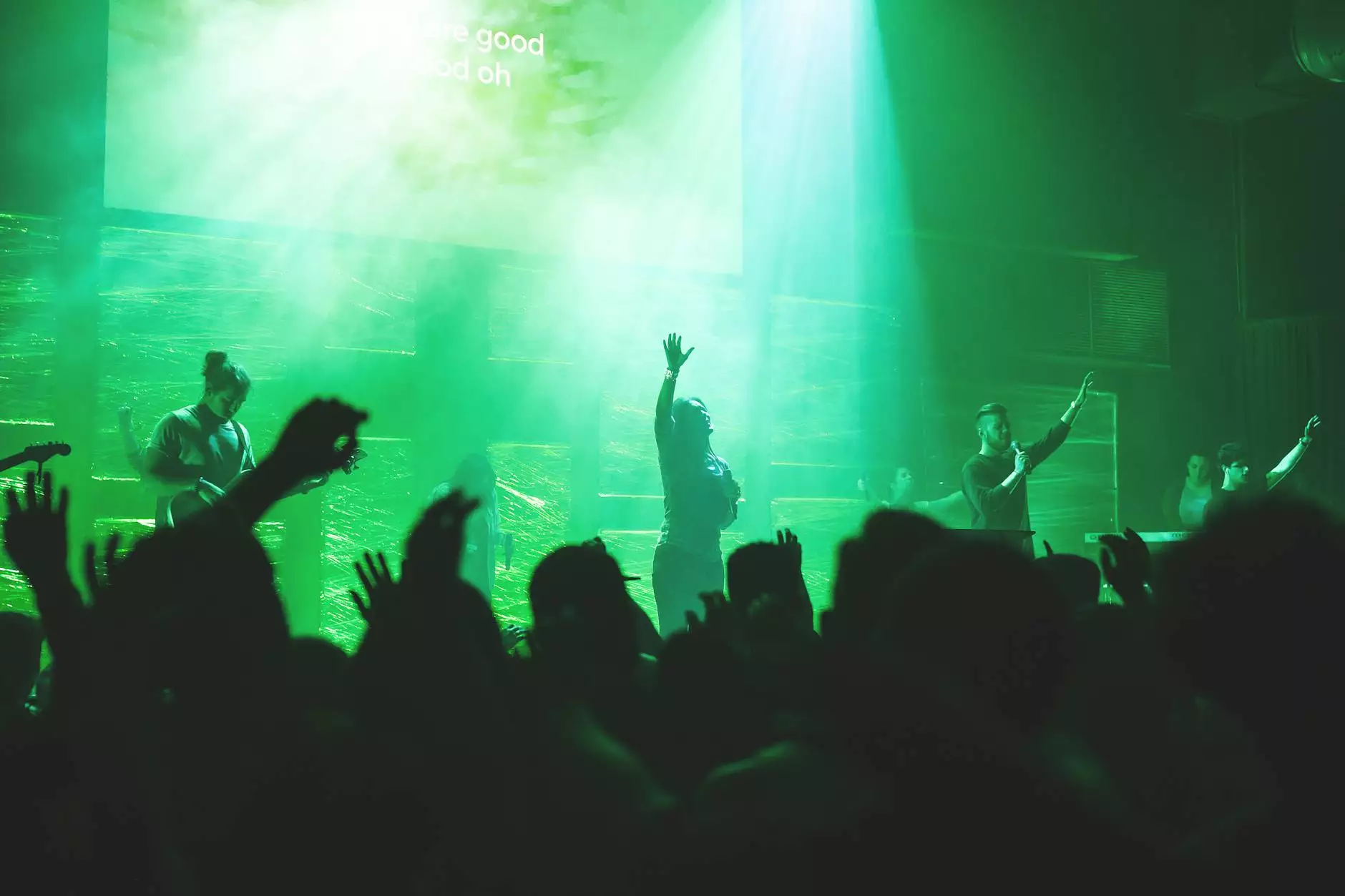Finding Black American Churches Near Me: A Guide to Community and Worship

Black American churches hold a special place in the cultural and spiritual landscape of the United States. These institutions have historically served as more than just places of worship; they have acted as centers for community support, social justice advocacy, and cultural identity. If you are searching for black american churches near me, this comprehensive guide will illuminate the paths to these vital community hubs and explore their significance.
The Historical Significance of Black American Churches
Black American churches can trace their origins to the early 18th century. As enslaved Africans were brought to America, they sought solace and empowerment through faith. The church became a sanctuary for spirituality, a place to gather, and a platform for expressing cultural identity.
The Role in the Civil Rights Movement
These churches played a pivotal role in the Civil Rights Movement. Leaders such as Martin Luther King Jr. emerged from the African American church tradition, utilizing the church as a powerful medium for advocacy and community organization. The sermons delivered in these spaces often transcended mere spiritual instruction, becoming calls to action and gathering grounds for strategizing social change.
Why Search for Black American Churches Near You?
When you search for black american churches near me, you are not just looking for a place to worship; you are seeking a connection to a rich heritage. Here are several reasons to find and attend a Black American church in your area:
- Community Support: These churches provide social service programs, food banks, and mentorship opportunities that strengthen the community.
- Cultural Events: Many black churches celebrate cultural heritage with events like festivals, concerts, and educational programs.
- Spiritual Growth: The worship experience in these churches often emphasizes uplifting music, powerful preaching, and shared faith experiences.
How to Find Black American Churches Near You
Finding a local church can be a straightforward process if you know where to look. Here are some effective methods:
1. Online Search Engines
Utilize search engines by entering keywords like “black american churches near me”. This will often yield local listings, maps, and websites.
2. Social Media Platforms
Platforms like Facebook often have community pages or groups dedicated to local events. Search for churches or community groups that highlight Black American culture.
3. Local Directories
Look for local directories that focus on religious organizations or community services. Websites like Yellow Pages or Chamber of Commerce can provide valuable listings.
4. Community Recommendations
Ask friends, family, or colleagues about their experiences with local churches. Personal recommendations can lead you to vibrant congregations that align with your search.
The Impact of Black American Churches on the Community
The influence of these churches extends beyond the spiritual realm. They are often at the forefront of community service and development. Here are some key impacts:
1. Educational Initiatives
Many black churches run educational programs, including tutoring for children and adult education classes. These initiatives aim to elevate community knowledge and skills.
2. Health and Wellness Programs
Health disparity is a critical issue in many African American communities. Churches often serve as key players in promoting health awareness, providing screenings, fitness programs, and even mental health services.
3. Advocacy and Activism
Black American churches are frequently involved in advocacy, pushing for social justice reforms and community rights. They provide a platform for voicing concerns and mobilizing support for critical issues.
What to Expect When Visiting Black American Churches
If you've never attended a service at a Black American church, you might be curious about what to expect. Here are a few highlights:
Culturally Rich Worship
The worship experience is typically characterized by gospel music, lively preaching, and a strong sense of community. Expect to be encouraged to participate actively, with congregational singing often led by choirs that create electrifying atmospheres.
Inclusive and Welcoming Atmosphere
Many black churches pride themselves on being inclusive and welcoming to newcomers. You will often find members eager to greet you and make you feel at home.
Opportunities for Fellowship
After services, it's common for congregants to gather for fellowship. This is a great opportunity to connect with others, enjoy refreshments, and learn more about the church’s activities.
Benefits of Joining a Black American Church
Joining a Black American church can offer numerous personal benefits:
- Sense of Belonging: You will find a supportive community that shares similar beliefs and values.
- Spiritual Growth: Engaging with powerful teachings can deepen your faith and spiritual understanding.
- Networking Opportunities: Many members in these churches are involved in various professions and can provide networking opportunities.
- Cultural Connection: These churches often celebrate cultural heritage, allowing you to connect with your roots.
Conclusion: Embrace the Experience
Your search for black american churches near me can lead you to discover vibrant communities ready to embrace you. Whether you’re seeking spiritual guidance, community service, or a connection to cultural heritage, these churches offer an experience that enriches your life. Explore the options available to you, reach out to the congregations, and allow yourself to be transformed by the power of faith within the Black American church community.
Additional Resources
For further information and resources, consider these options:
- Bridge Church NYC - A community centered around faith and service.
- NAACP - Engage with a civil rights advocacy organization.
- Community Chest - Focused on community support and services.
- Local public libraries often provide resources about community organizations, including churches.



